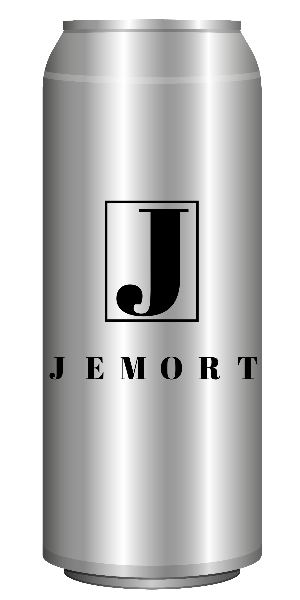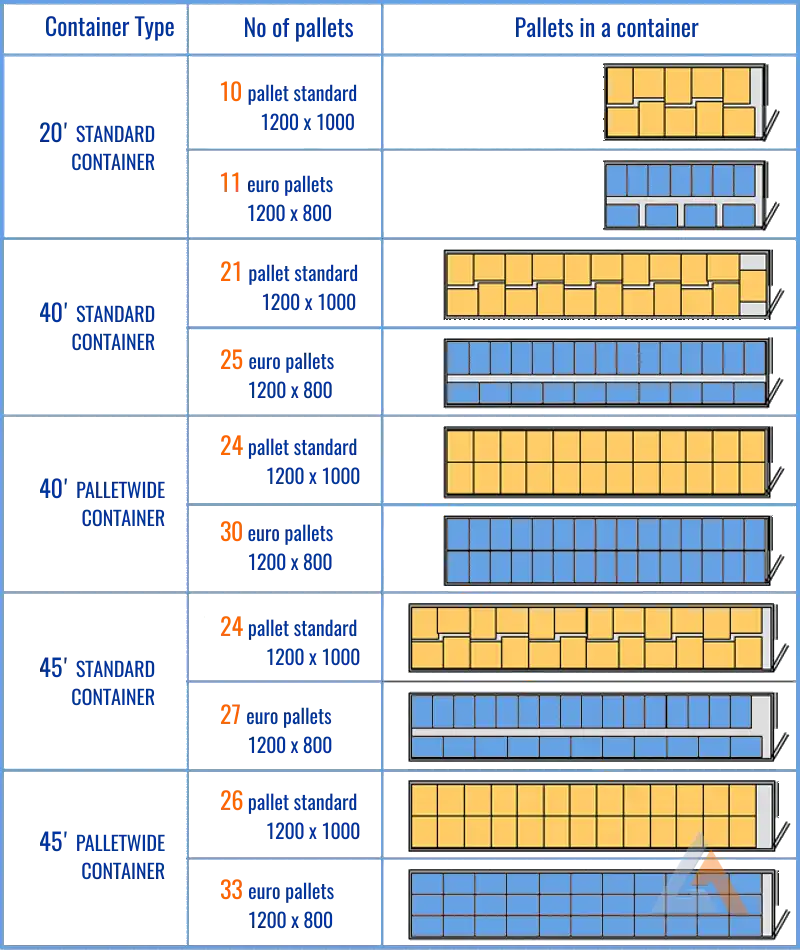Creating a private label soft drink involves developing and selling customized soft drink products under a retailer’s or brand’s name. Soft drinks, also known as carbonated beverages or sodas, come in various flavors and formulations. Private labeling allows businesses to offer their unique soft drink products without the need to establish their own manufacturing facilities.
Here’s an overview of the private label process for soft drinks:
- Product Concept: Determine the type of soft drink you want to create. Consider factors like flavor preferences, target audience, and desired ingredients (e.g., natural flavors, sweeteners).
- Recipe Development: Collaborate with experts to create or customize the recipe for your soft drink. This includes selecting flavorings, sweeteners, carbonation levels, and other ingredients to achieve the desired taste.
- Packaging Design: Design the labels, packaging, and branding for your soft drink cans or bottles. Eye-catching packaging can help your product stand out on store shelves.
- Production Partner: Partner with a manufacturer that specializes in producing soft drinks. They will produce, package, and label the soft drinks according to your specifications.
- Quality Control: Implement strict quality control measures to ensure that the soft drinks meet your flavor, carbonation, and overall quality standards consistently.
- Regulatory Compliance: Ensure that your soft drink products comply with relevant food safety, labeling, and packaging regulations. This may include nutritional labeling and ingredient declarations.
- Distribution: Distribute the private label soft drinks to your retail locations, convenience stores, restaurants, or other sales channels.
Private label soft drinks offer businesses the opportunity to provide customers with a unique and branded beverage while maintaining control over pricing and branding. It’s crucial to focus on product quality, taste, and effective marketing to succeed in the competitive soft drink market.








